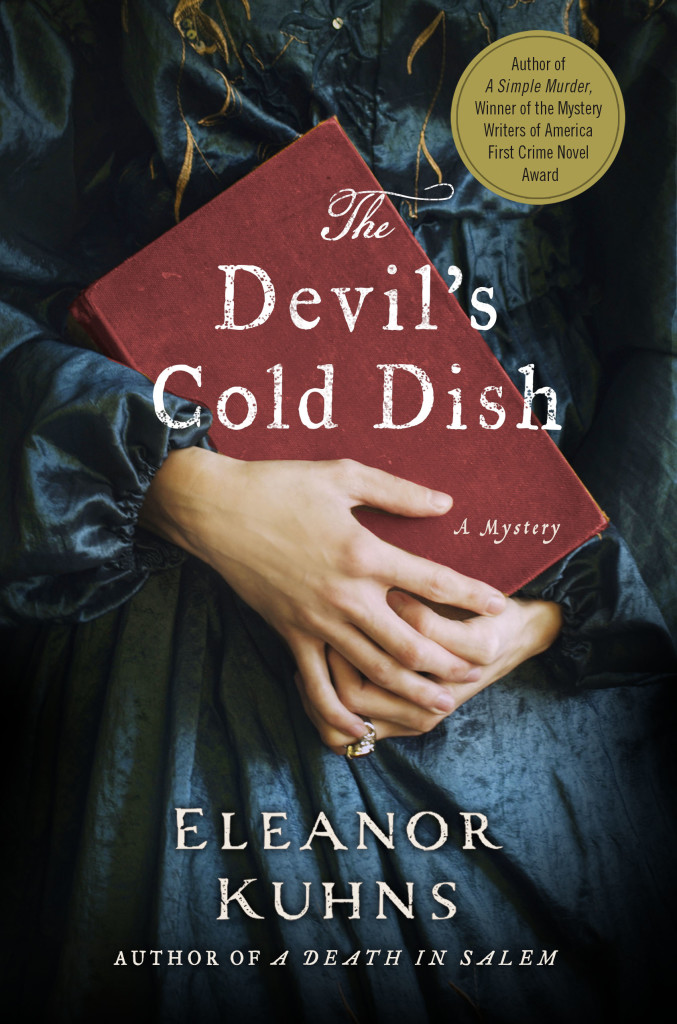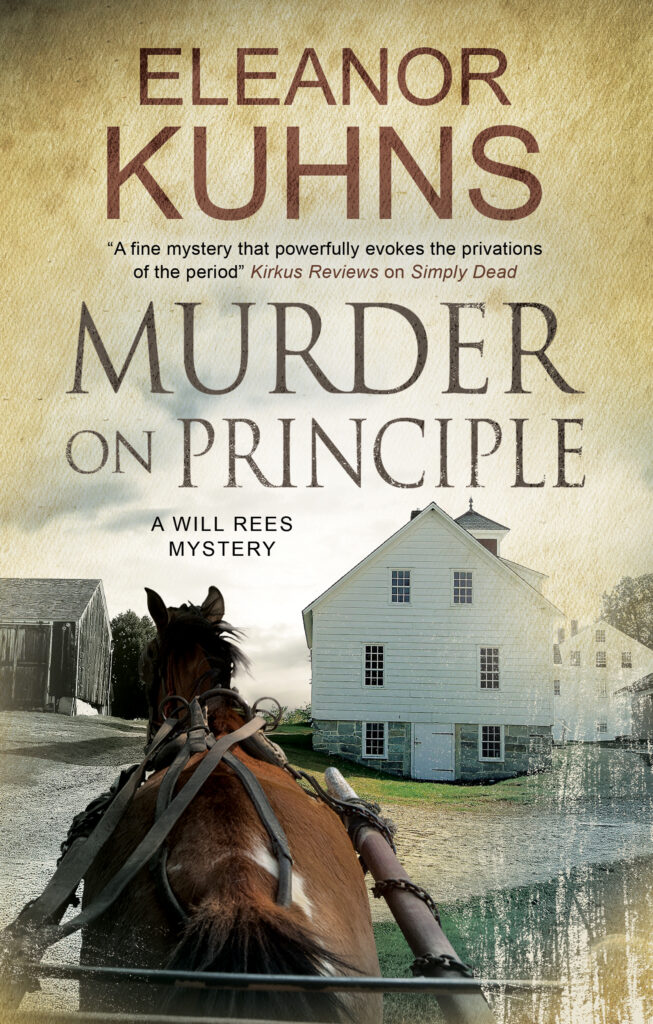One of the pitfalls of writing historical fiction is the danger of making mistakes. It could be simple mistakes. In A Devil’s cold dish, I refer to a stack of hay as a bale. Balers were not invented until the early 1800s, a fact I knew. But I was trying to expand my synonyms from stack and pile and all the other words. A reader called on it immediately.

Then there was the mystery where I had Rees rewarding Hannibal with oats a few times. I immediately got pushback from a reader who accused me of giving the poor (fictional) horse colic.
These are somewhat trivial errors. More serious mistakes involve easily confirmed facts that somehow the writer (me) got wrong. In Murder on Principle, I refer to Jefferson’s opponent as John Quincy Adams. He is actually the son of the correct candidate, John Adams. This is a case of temporary forgetfulness. I knew it was John Adams but made the mistake once and it was repeated. No one else caught it, not the agent nor the editor. That was left to a reader who wrote a really harsh review.

This is what makes writing historical fiction so challenging; everything must be triple checked and even then it is all too easy to make a mistake.
Believe me, someone will know.
I must add, however, that sometimes the reader who is so sure of their facts, is wrong. I used the term ‘cracker’ in one of my books and a reader wrote a gotcha review. I, however, had done my research and had a copy of a letter written in 1763 by a British official using that exact term.
The passage of time always creates an undiscovered country.
